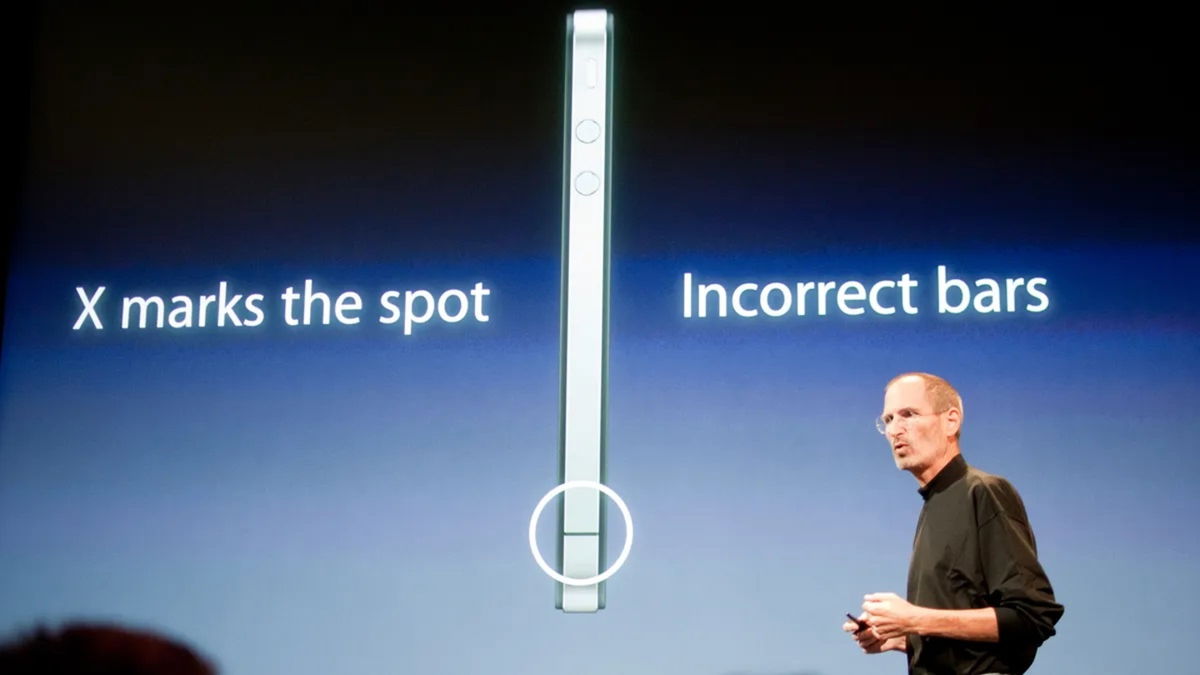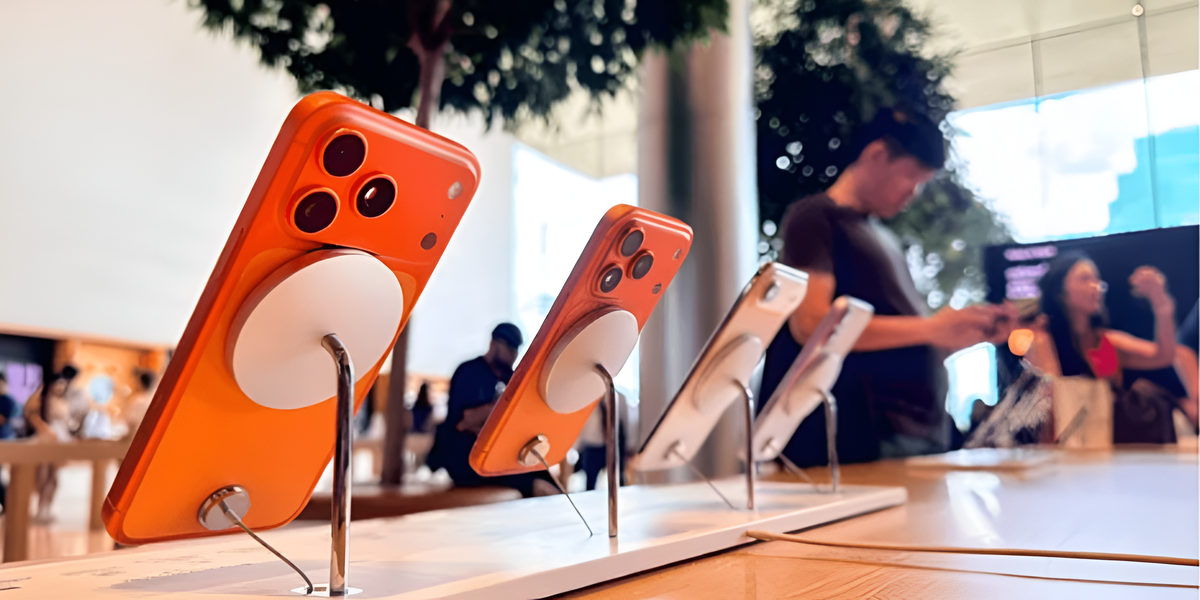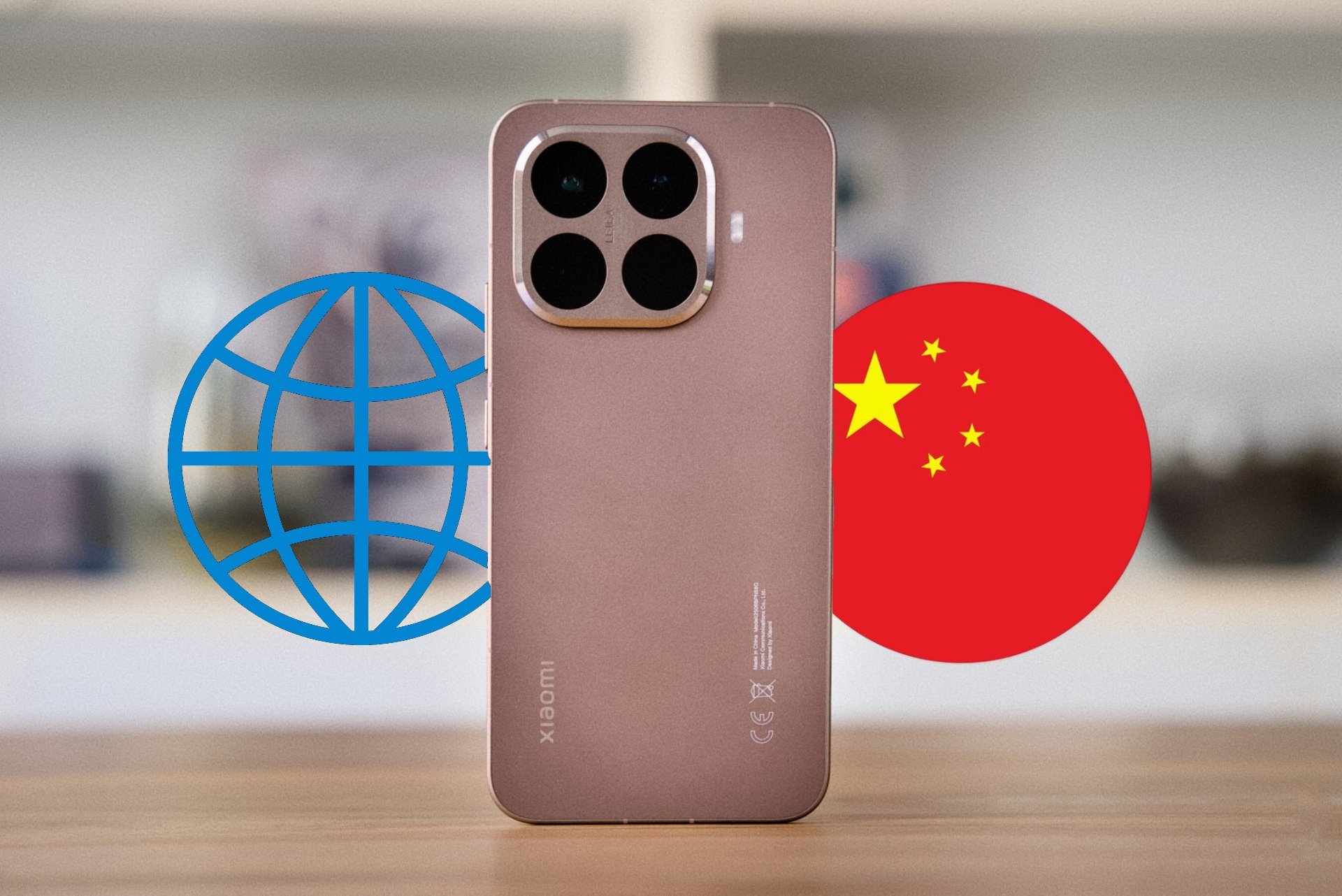Vodafone and Broadcom announced a proof of concept at Mobile World Congress 2024 to end the problem of endless scrolling of short videos online. In other words, stop those situations in which your TikTok sessions are driving traffic on your mobile phone, even with videos you’ve never seen.
And even if they are short videos, when we connect to the mobile network, the platforms send a lot of traffic, which, although intended to speed up the experience, ends up being wasted traffic that the user receives but does not enjoy. .
This technology from both companies could solve a very real problem that is common across many social media and content platforms. Essentially, it is a technology that allows content providers to “quickly adapt to online conditions and better control the amount of inappropriate content and pre-loaded short videos they send to consumers.”
A way to put an end to videos that you never see and that slow down your mobile phone speed.
The Smart Connectivity API, as the technology is called, is jointly developed by Vodafone and VMware and is specifically designed for the dual purpose of on the one hand promoting energy savings by optimizing network throughput and limiting infinite scrolling situations that cause preloading. content that will never be shown to the user.
In fact, as emphasized Santiago Tenorio, Director of Network Architecture, Vodafone Group, An important part of this type of content downloaded over the network is not used or viewed. This becomes wasted traffic that wastes network resources and energy.”Thus, this Vodafone technology will solve two of the most pressing problems of these platforms.
And how does it work? Smart Connectivity uses APIs on the Vodafone network in combination with VMware’s intelligent RAN controller. All in order to offer more efficient pre-loading of content by platforms, taking into account the resources currently available and network conditions in real time, before sending unwanted traffic to the user that the user will not see at any time.
According to Vodafone, this technology can save up to 20% of traffic passing through a mobile base station, which the company says could correspond to unwanted content that no one uses or sees, but which is sent across the network. .
Source: Hiper Textual
I’m Ben Stock, a highly experienced and passionate journalist with a career in the news industry spanning more than 10 years. I specialize in writing content for websites, including researching and interviewing sources to produce engaging articles. My current role is as an author at Gadget Onus, where I mainly cover the mobile section.














